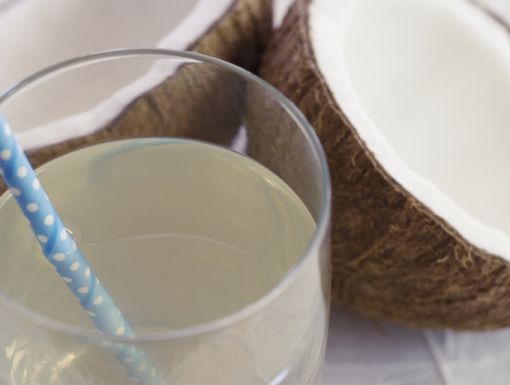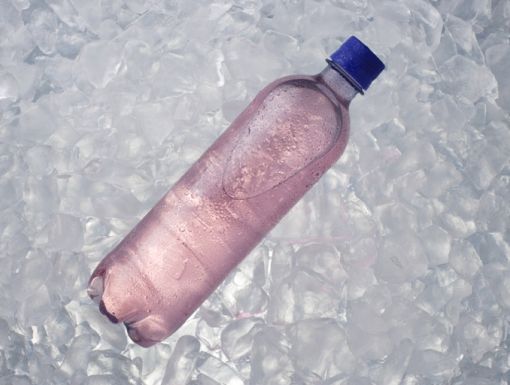
What to Do When Dehydrated
Did you know dehydration can influence your mental functioning, your heart rate and your ability to regulate body temperature and blood pressure? If you lose even 1% of your body weight in water, your physical performance is affected and you feel tired. If you lose 2-4%, your mental functioning is affected. In cases where more than 10% is lost, a medical emergency can result and (if not reversed) can lead to death.
Infants, young children, people with specific chronic health problems and elderly adults are more susceptible to the effects of dehydration, which is why it’s important to practice safe measures to prevent dehydration in yourself and others.
So how much water do you need?
This depends on your age, percent of body fat, general health, diet, temperature of the air around you and your activity level. You lose water through urine, sweat, feces and the air you exhale. The Institute of Medicine (IOM) suggests that the average healthy woman drink about 9 cups a day of liquids and the average man about 13 cups a day.
How does dehydration occur?
You can become dehydrated by not consuming enough fluid from foods and beverages. Other conditions that also can make dehydration more likely include:
- Sweating during exercise that is not compensated by drinking extra fluids; exercise even in cold weather can cause sweating
- Hot, humid weather
- High altitude, which causes rapid breathing and increased urine output
- Illnesses such as poorly controlled diabetes, and illnesses that cause vomiting, diarrhea or fever
- Pregnancy
- Certain medications
Each of these conditions alone can contribute to dehydration and a combination of them can cause it to arise more quickly.
Feeling under the weather? Click here to find an Ochsner Urgent Care location near you.
Can Other Types of Drinks Make You Dehydrated?
Although caffeine does cause you to urinate more frequently, the effect is short-term and does not typically cause dehydration. Both caffeinated and non-caffeinated beverages can be used as sources of water.
Alcoholic drinks also can make you urinate more frequently, but, like caffeine, this increase is short-term and usually does not cause dehydration if you drink in moderation.
8 Symptoms of Dehydration
- A dry or sticky mouth, caused by too little saliva
- Less urine than normal, or no urine for eight hours. Urine that is darker than usual may indicate dehydration; diet, medications, and vitamin supplements can also affect urine color.
- Few or no tears
- Sunken eyes
- Dry, cool skin
- Fast heart rate
- Lethargy, irritability or fatigue
- Listlessness or coma – this is a sign of severe dehydration
How to Recover from Dehydration
Drink at least 12 8-ounce glasses of fluid every day to overcome dehydration. Fluid may include water; orange juice; lemonade; apple, grape, and cranberry juice; clear fruit drinks; electrolyte replacement and sports drinks; and teas and coffee without caffeine. Be sure to follow up with your health care provider if you don't get better within 24 to 48 hours.
Remember – warning signs you should seek medical attention include very dark urine, little urine output and/or dizziness, weakness, confusion and fainting.



